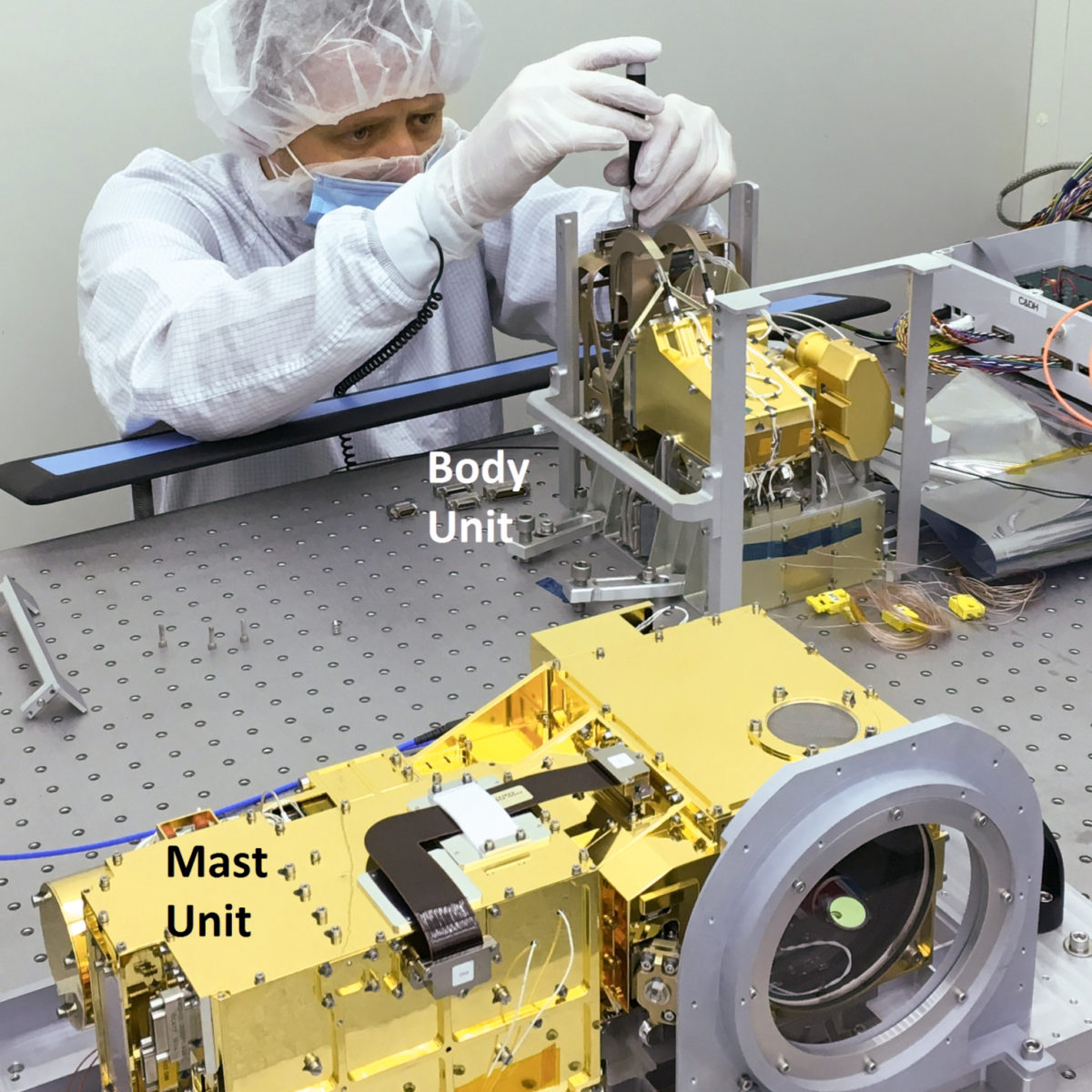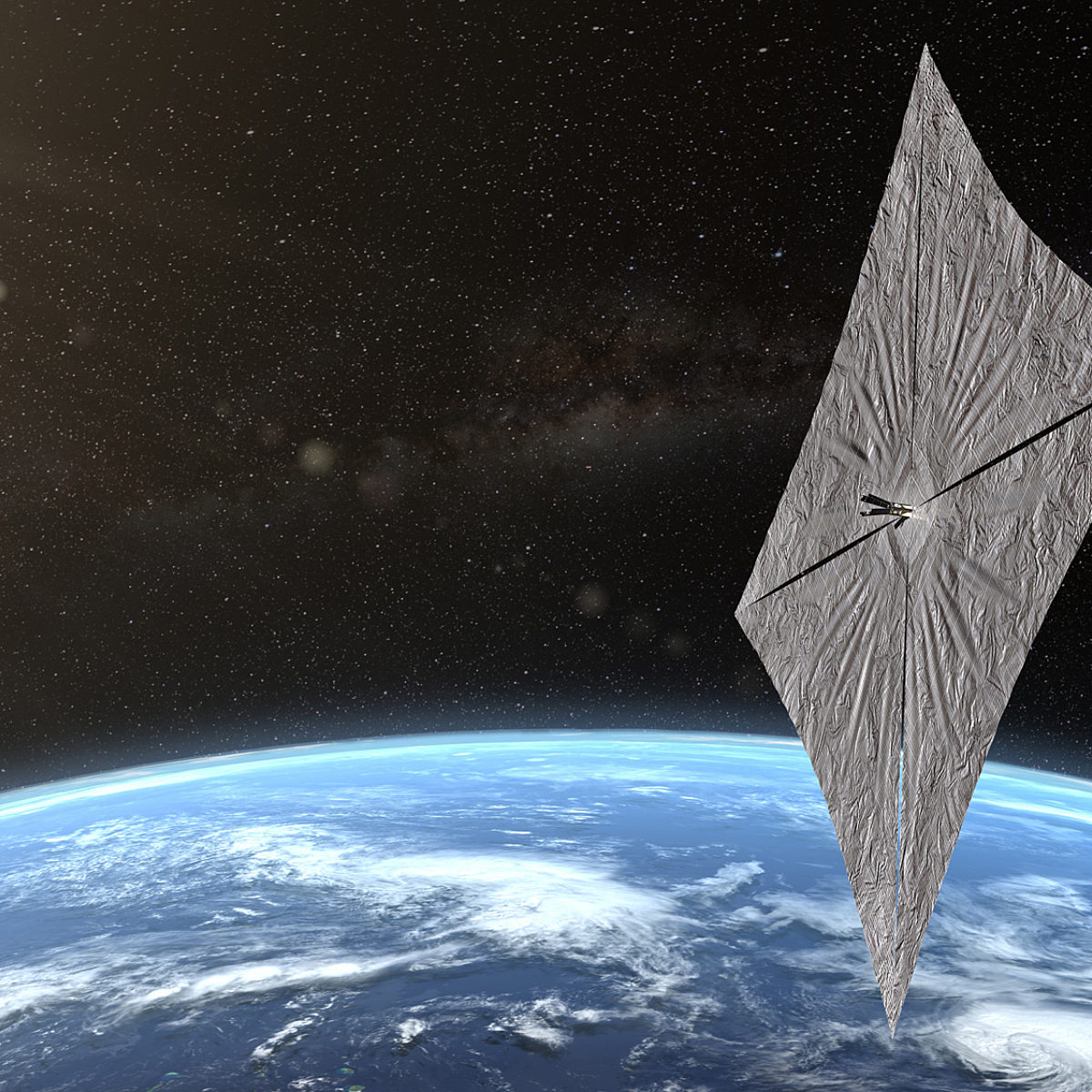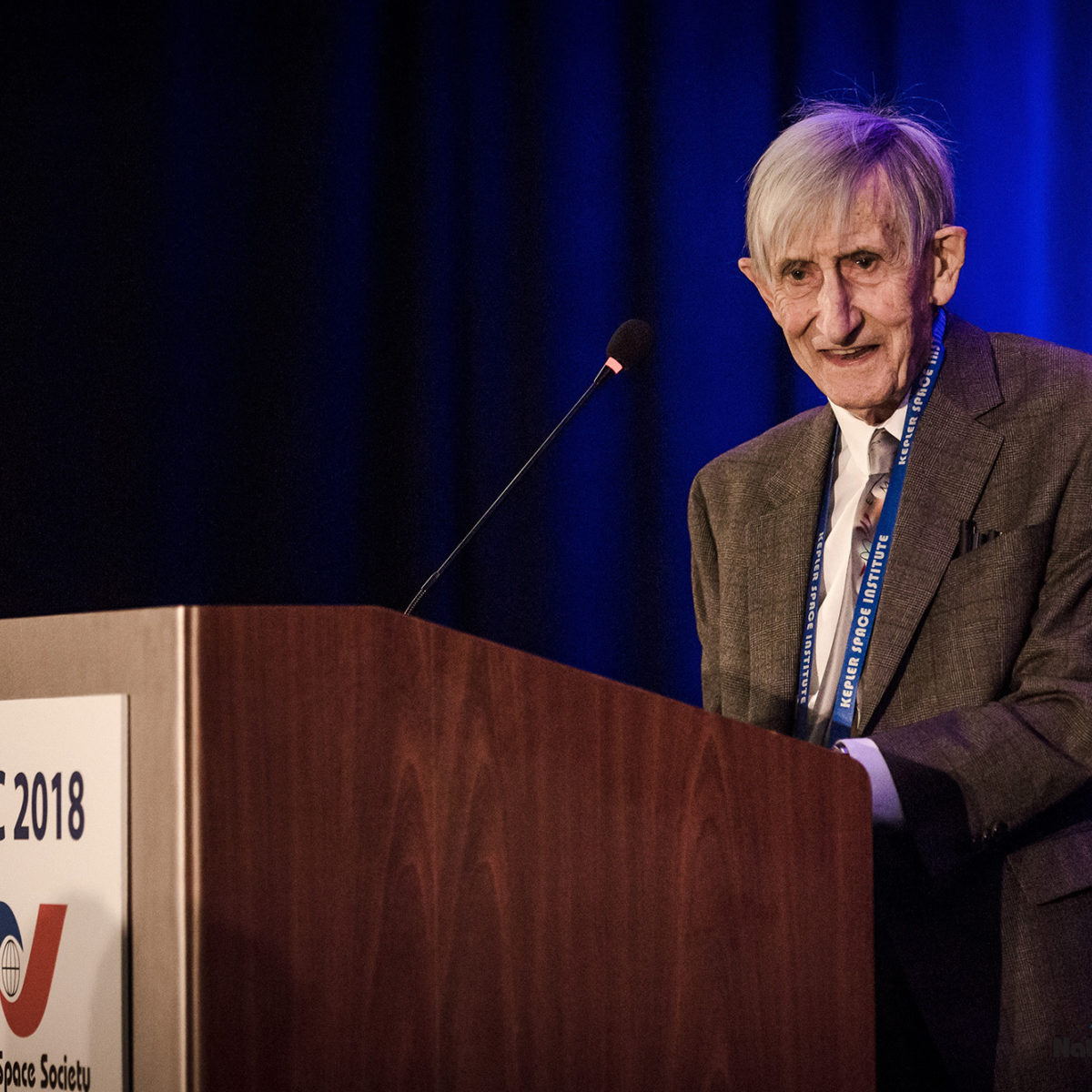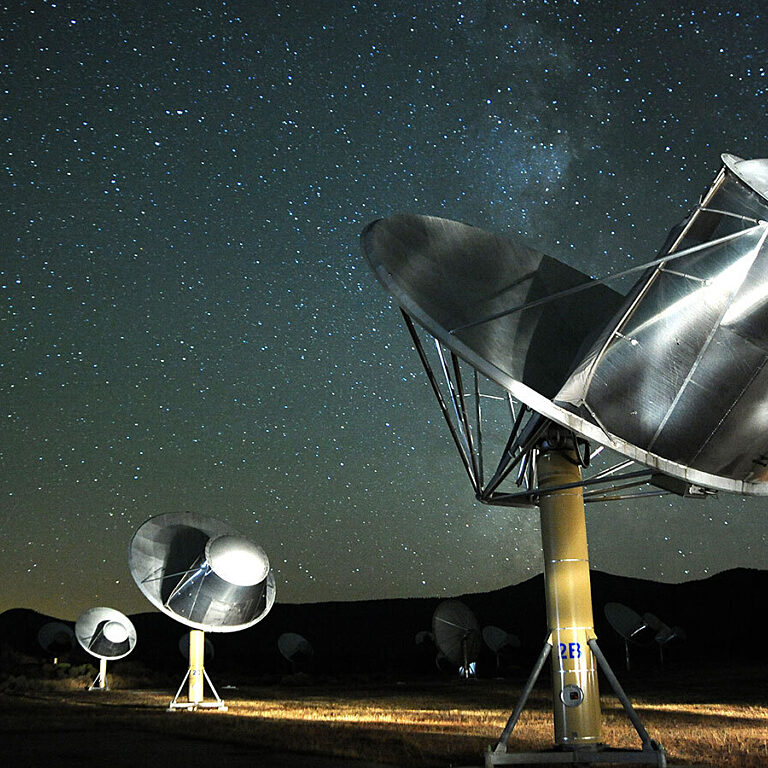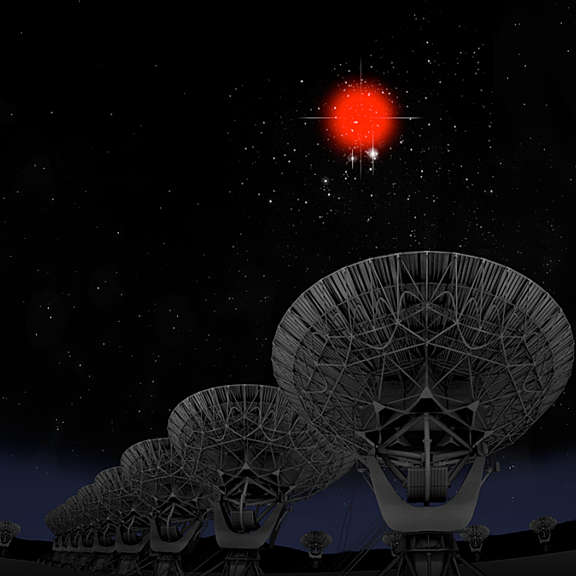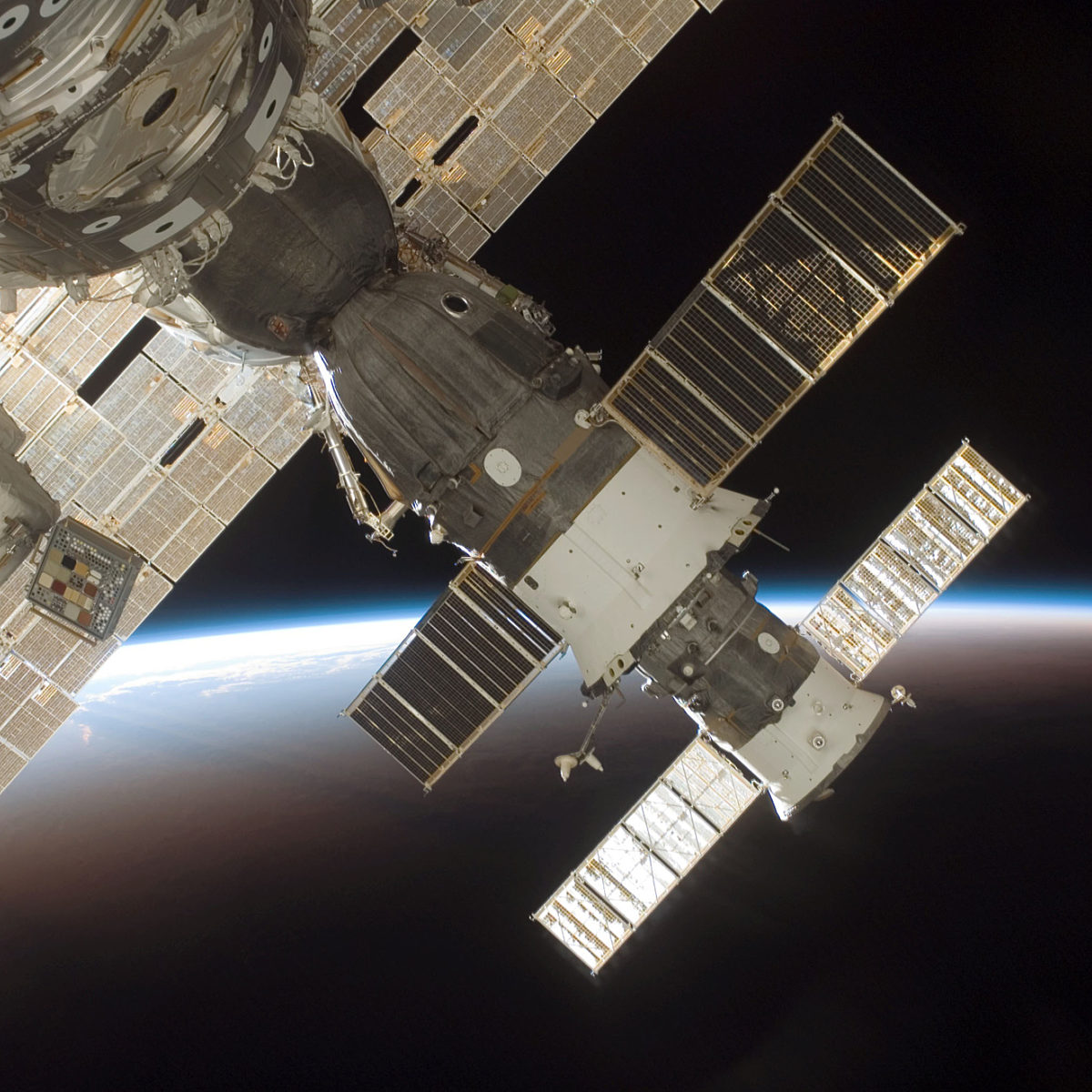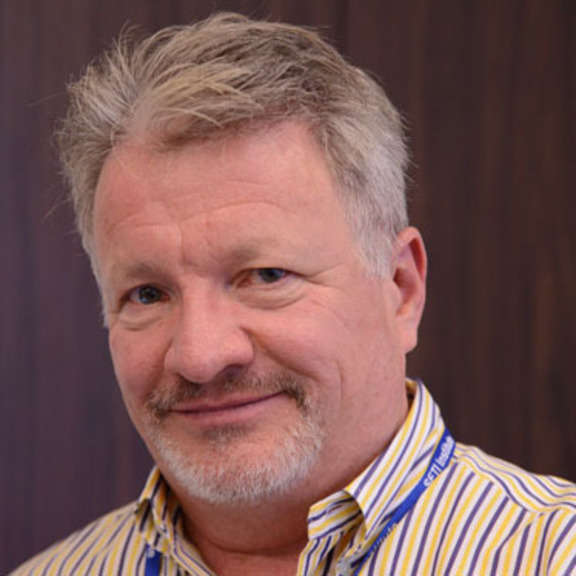Since 2002, Planetary Radio has visited with a scientist, engineer, project manager, advocate, or writer who provides a unique perspective on the quest for knowledge about our Solar System and beyond. The full show archive is available for free.
Search Planetary Radio
Twenty years after a pioneering collaboration between The Planetary Society, NASA, and LEGO, Planetary Radio reflects on the Red Rover Goes to Mars program and the lives it impacted.
A new volunteer SETI science project to search for alien technosignatures has launched! Two of its creators tell you how to sign up.
Jason Achilles, a musician who partnered with NASA’s JPL to help put one of the first microphones on Mars, shares his journey and the joy of listening to the sounds of the red planet.
Seven Planetary Society experts and enthusiasts celebrate 2021’s many space science and exploration milestones.
SuperCam principal investigator Roger Wiens shares how his new and improved laser-based spectrometer will help look for past life in Jezero Crater, while its microphone lets us listen to the Red Planet.
Another near Earth-sized planet has been found in the habitable zone around a distant star, discovered by a powerful space telescope named TESS.
The day is almost here. With the launch of a Falcon Heavy rocket, The Planetary Society will begin its mission to prove that a tiny, orbiting spacecraft can be propelled by the light of the Sun.
Mat Kaplan visits Cal Poly San Luis Obispo for a last, clean room visit with LightSail 2, the Planetary Society’s solar sailing cubesat. While there, Mat also talked to attendees at the Cubesat Developers Workshop, including the creator of the tiny “Pocket Rocket” engine for small spacecraft.
Astrobiology is the discipline that explores the origin of life in the universe, and whether life exists anywhere other than Earth. It’s an increasingly exciting field according to University of Washington Research Associate Michael Wong. Mike reviews the current thinking and provides some of the chemical basis for life as we know it, and possibly as we don’t know it.
The Kepler mission has ended. Listen to highlights of the October 30th media briefing that included the father of the fantastically successful planet finder, William Borucki. Then catch the thoughts of Planetary Society editors and commentators Jason Davis and Emily Lakdawalla.
Japan’s Hayabusa2 is just 6 kilometers from asteroid Ryugu as it prepares to snatch samples of the space rock for return to Earth. ISAS/JAXA Director General and former Hayabusa Mission Project Manager Hitoshi Kuninaka joins us for a conversation about the spacecraft and what’s ahead.
There’s so much more to Freeman Dyson than the Dyson Sphere. The mathematician, physicist, futurist and author is one of the greatest and most original minds of our era.
We have begun to understand the composition of worlds that are hundreds of trillions of kilometers from Earth. Astronomer Nikole Lewis is co-leader of a team that has used the Hubble Space Telescope to do this with the four Earth-like planets circling a star called TRAPPIST-1.
The multi-award winning science fiction author, futurist and speaker returns to Planetary Radio for a wide-ranging conversation about robots and humans in space, empathetic artificial intelligences, how we can survive the Singularity and much more.
Where is everybody? That was the question physicist Enrico Fermi asked when he wondered why we hadn’t yet met ET. What will happen if we do? Will humans lose the will to explore?
Are we alone? The nearly sixty-year effort to answer that question has gotten a big boost from the Breakthrough Initiatives, funded by Yuri Milner and led by former NASA Ames Research Center director Pete Worden, who is our guest this week.
New U.S. sanctions against Russia have reignited speculation that global politics could undermine cooperation in the International Space Station. Could Russia cut off rides for US astronauts to the ISS? Later, Casey Dreier joins Spark Science host Dr. Regina Barber Degraaff for a conversation with U.S. Congressman Rick Larsen, Democratic representative of Washington state’s 2nd District. We also check in on NASA's 2018 budget, which is currently moving through the Senate. Did they provide funding for a new Mars orbiter?
Earth’s southernmost active volcano may also be its most remote. Rosaly Lopes and Michael Carroll recently spent a few frigid days on the slopes of Antarctica’s Mount Erebus. What they learned may help us understand volcanos on other worlds.
The SETI Institute is about much more than the Search for Extraterrestrial Intelligence. President and CEO Bill Diamond of the Institute explains.
OK Go has gone where no band has gone before to make a music video. Mat talks with Damian Kulash and Tim Nordwind about the hazards, thrill and promise of making art in free fall.


 Explore Worlds
Explore Worlds Find Life
Find Life Defend Earth
Defend Earth






